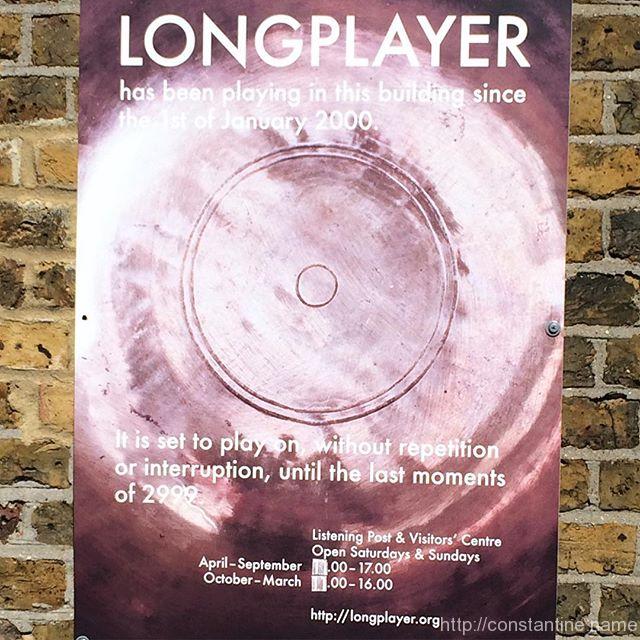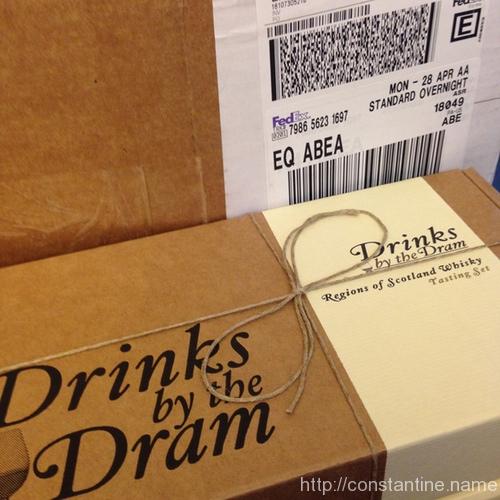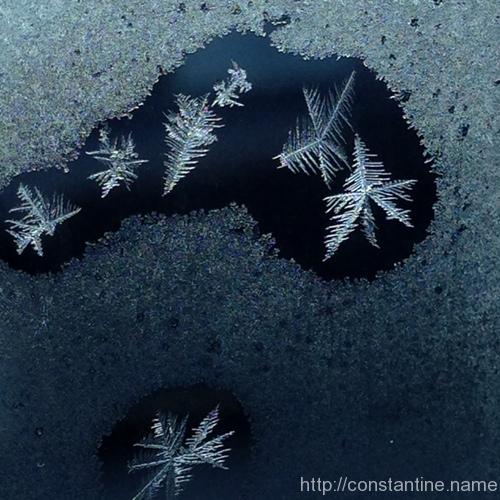
App.net is WAY cool
What makes it cool, different and BETTER is:
- They built the PLATFORM, (the heavy lifting behind-the-scenes that makes it all work)
- They wrote the API, (the instructions for how to build things to USE the platform)
…and that’s all they wrote.
Aside: Yes, they did write sample applications. It’s hard enough to wrap your brain around it as it is, let alone if there were no apps to play with. So they built a web-based front end called “Alpha”, (for example.)
You, (dear reader) do not “look at” App.net, and you do not “use it”. You use APPLICATIONS which are built on the App.net platform/API.
App.net is different
App.net charges the developers: They’ve built a stable, powerful and feature-rich PLATFORM. They logically believe that developers will be willing to pay to use the platform.
Developers build applications: They pay App.net for access to connect their application to the platform. For example: Tapbot’s Netbot app is a superlative app using the platform. (App.net also maintains a directory of available apps.)
People use the applications: You, dear reader, choose your favorite application. You can use the free “Alpha”, (that’s it’s name) web front-end that App.net wrote. You can also download an app, (some are even free) from your favorite app store for your mobile device.
So, for example, how do you find me on App.net? Easy: Open your favorite App.net application and look for “cc1315”, my full name, or my email address. If you like to use the “Alpha” web-based application, then I’m /cc1315 . So there’s you using an App.net application! Another example is the application I wrote, (it required three mouse clicks) which enables this blog to push my posts into the App.net platform.
Wait. Wat?
The problem with all the big-name social networks is that they built, own and control the platform AND the application.
By “problem” I mean “things regular-users don’t like.” For example: Ads appearing; Weird algorithms that determine what I actually see and which strong-arm content-creators into paying money to boost viewership; Posts that look like posts but are really ads paid for by advertisers. And things that limit content creators, like: Not allowing posts at all into the platform; Weird rules that limit how posting is done because they don’t want the users leaving the platform to go read content directly.
This is exactly WHAT WE DESERVE. The companies that built the platforms get to create the rules because they own the platform, control the API and they control the applications. The people USING the social network are the product that gets monetized. So everyone shows up, for free, to socialize. But then the advertisers buy-in to get access to all the people. To the people socializing, it feels like the social club is letting weirdos into the club who roam around asking if we want to buy things.
Don’t believe me? Here are some search-result links:
“why Facebook sucks”
“why Twitter sucks”
“why Pinterest sucks”
“why Instagram sucks”
App.net fixes this how?
Let’s think through the “problem” scenarios…
First, you do still choose who to follow. So let’s assume for this discussion I’m following a couple hundred accounts. (My friends, some favorite businesses, etc)
ads
I see a post from a business, but it’s actually an ad! …how do I make that go away? Current social networks? …you cannot.
Aside: Yes, some social networks let you kill that particular ad, but there are always more to follow. In reality, you’re just TUNING what ads they will show you, not blocking out ads.
With App.net it’s easy: Stop following that account. (Or maybe contact them and say, “yo, less ads please” if you really like their other posts.) App.net won’t let them send you further content, that would be a lousy platform that developers wouldn’t pay to use!
So maybe that ad you see is being shown by the application you’re using… it’s not really coming through the App.net platform… Easy: Don’t use that application. Or maybe pay them to turn the ads off. (Look! An application ecosystem where great apps win out.)
But, (you ask) what If someone tries to write an app to spam ads into the App.net platform? It turns out the platform doesn’t have that ability. (The current social networks have that ability BIG TIME — it’s how they make money.) But App.net makes money from the developers, so they don’t have a “spam everyone” feature in the platform. That’d be a lousy platform that developers would not pay to use.
content filtering
App.net delivers everything from all the accounts you’re following; That’s why developers want to pay to use the platform; It works well! So the applications might filter, or sort, or whatever. (Maybe, show me more posts from my friends whose posts I favorite.) But that’s a feature that you CHOOSE when you select what app to use. Don’t like how the app filters or sorts? …switch apps!
content posting into the platform
Current social networks want you to use their apps to post content. App.net simply moves the content through the platform. (Which is why it’s a great platform that developers want to pay to use.) So anyone can write any application to post content into the network.
Closing thought
The only thing more cool (in social networking) than App.net is Tent.io . With Tent.io, instead of having one centralized platform like current social networks and even App.net, you have one giant fabric which is composed of everyone’s PERSONAL data platform. So Craig’s posts are on Craig’s platform, etc. Then the Tent.io magic moves the messages around between the nodes, prevents anyone from impersonating anyone else, etc.
But that’s another post altogether… :*)
ɕ




 Flight deck of Endeavor. simply. awesome.
Flight deck of Endeavor. simply. awesome.